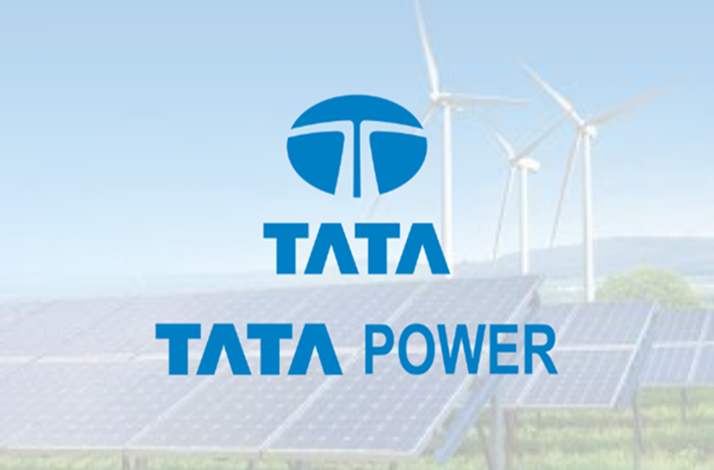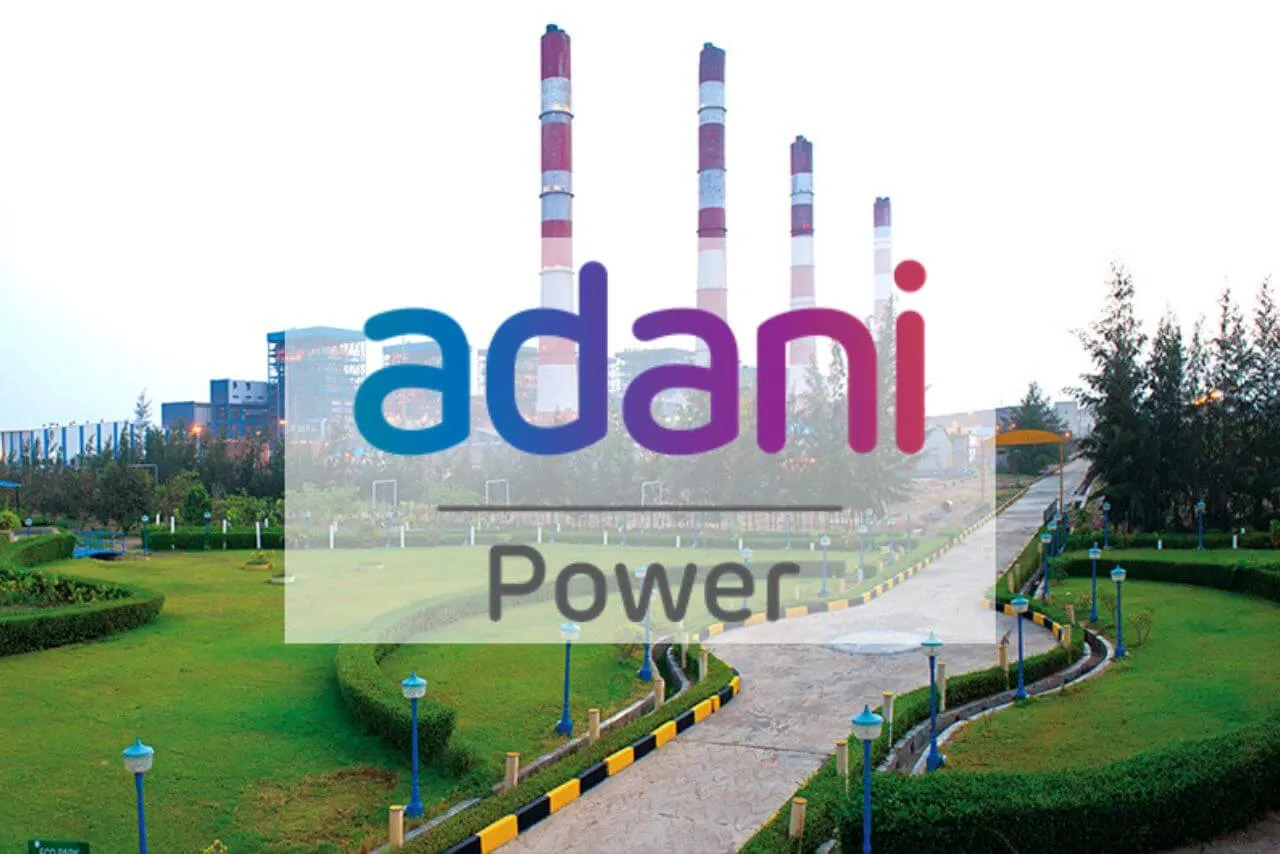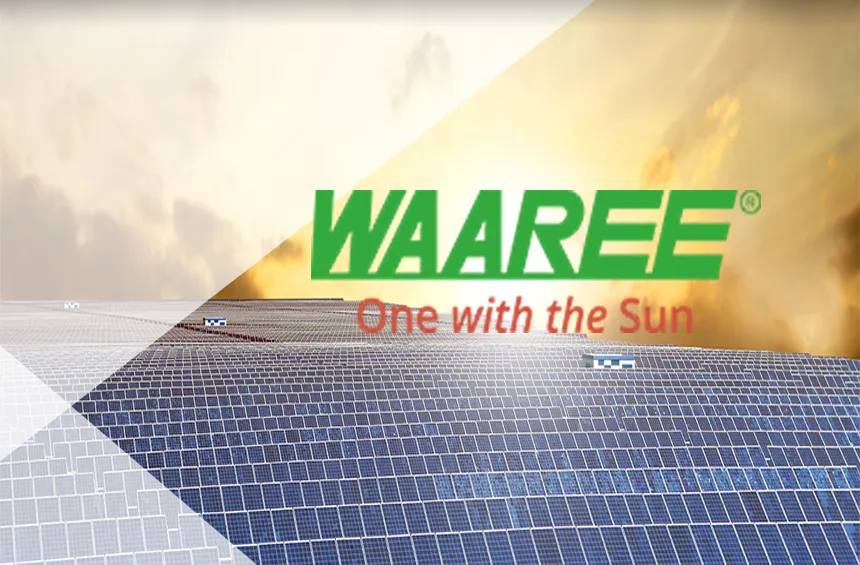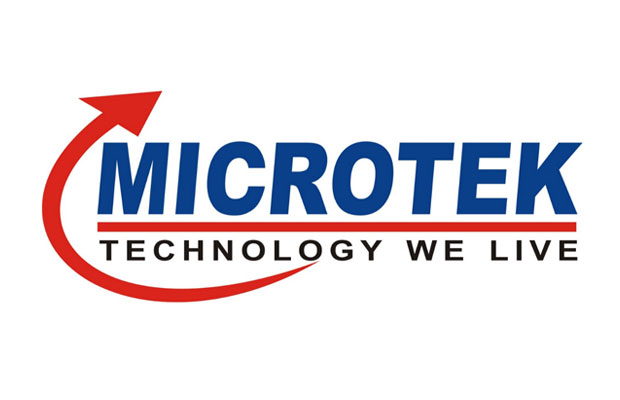Flexible Solar Panels
Explore the Versatility of Flexible Solar Panels
Flexible solar panels are a groundbreaking advancement in solar technology, offering unique benefits and applications that traditional rigid panels cannot match. Ideal for mobile applications and unconventional surfaces, these panels are revolutionizing the way we access solar power.
What Makes Flexible Solar Panels Unique?
Flexible solar panels, made from innovative photovoltaic materials, can bend and flex to fit a variety of surfaces. This flexibility opens up new possibilities for solar installations, including vehicles, marine vessels, and even temporary setups.
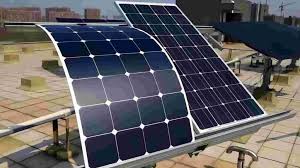
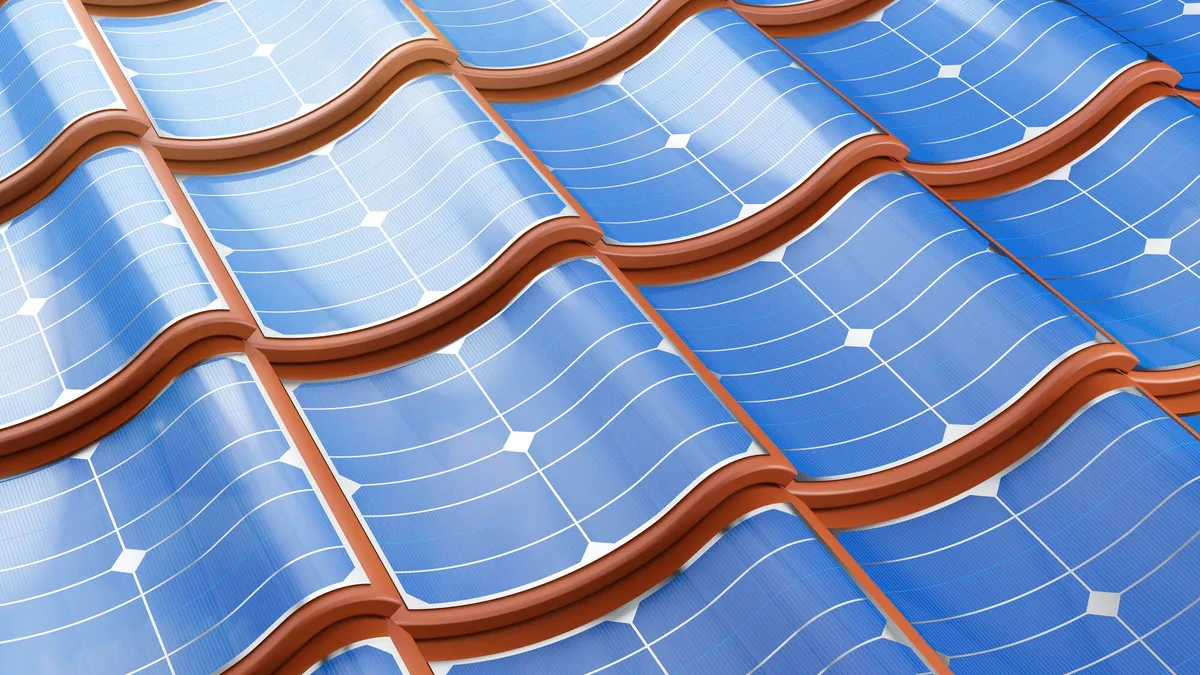
Advantages of Flexible Solar Panels
High Versatility
These panels can be installed on curved surfaces, such as RVs, boats, and tents, making them perfect for mobile and outdoor applications where traditional panels are impractical.
Lightweight Design
Flexible solar panels are significantly lighter than traditional glass-based solar panels, reducing the load on structures and making them ideal for portable energy solutions.
Durability
Despite their thinness, flexible panels are highly durable and can withstand harsh environmental conditions, including high winds and snow loads.
Applications of Flexible Solar Panels
Flexible solar panels are not just for mobile use; they are also suitable for residential and commercial buildings with roofs that cannot support heavy traditional panels. Their adaptability makes them an excellent choice for integrating solar power into everyday objects and vehicles.
Installation Tips for Flexible Solar Panels
Installing flexible solar panels involves considerations unique to their design. It is essential to ensure they are securely attached to the surface to maximize sun exposure and prevent damage from environmental factors.
FAQ
If you don't see an answer to your question, you can send us an email from our contact form.
Send EnquiryFlexible solar panels are made from lightweight, malleable materials that can bend to fit surfaces that are not flat. Unlike traditional solar panels, which are typically made from glass and mounted on rigid frames, flexible panels use thin-film technology, making them ideal for curved surfaces and various portable applications.
Flexible solar panels operate on the same principle as traditional solar panels. They convert sunlight into electricity using photovoltaic cells. However, the cells in flexible panels are embedded in flexible materials like plastics, allowing them to bend and wrap around surfaces while still capturing solar energy efficiently.
Flexible solar panels are particularly effective in applications where traditional panels are impractical due to structural limitations. This includes RVs, boats, tents, and temporary installations. They are also used in innovative architectural designs where traditional panels would disrupt the aesthetic flow of the building.
Initially, flexible solar panels may cost more than traditional rigid panels due to the advanced materials and technology required to produce them. However, their ability to be used in a wider variety of applications can lead to cost savings in scenarios where traditional panels are unsuitable.
Yes, flexible solar panels can be used in residential installations, particularly in homes with unique architectural features that do not accommodate traditional panels. They can be a great solution for covering curved surfaces to maximize solar exposure without compromising the home's design.
Flexible solar panels require similar maintenance to traditional panels, primarily involving keeping them clean to ensure maximum efficiency. However, their flexible nature may require additional care during cleaning to avoid bending them too sharply, which could damage the internal photovoltaic cells.
While flexible solar panels are designed to withstand environmental elements like sun, wind, and rain, their lifespan might be slightly shorter than traditional rigid panels due to the materials used. They are continuously being improved to enhance their durability and performance in harsh environments.
Happy Customer : Real-Life Impact of Flexible Solar Panels
Here, our customers share their experiences and the benefits they've reaped from using our flexible solar panels.
